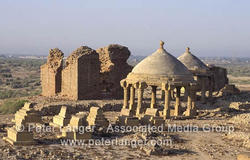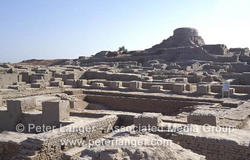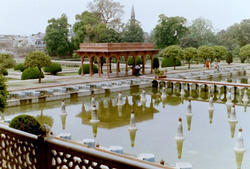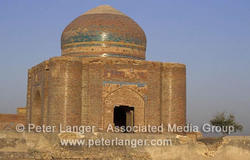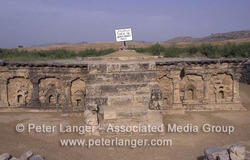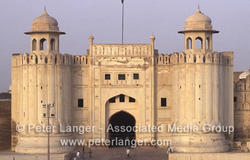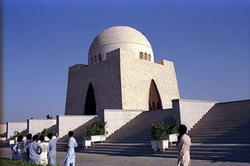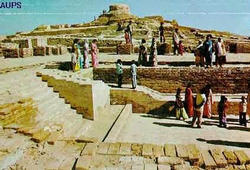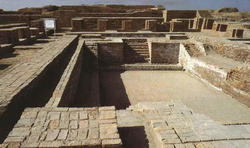Pakistan Archaeological Places
BABA KHAIL HOME
Hospital
Holly Makkah
Makkah
Pakistan Archaeological Places
P S H
Guest Book
Custom 2
Custom 2
Photo
Photo
Photo
Photo
Archaeological Ruins of Pakistan
Historical Monuments of Thatta
Brief Description:
The capital of three successive dynasties and later ruled by the Mogul emperors of Delhi, Thatta was constantly embellished from the 14th to the 18th centuries. The remains of the city and its necropolis provide a unique view of the Sind civilization.
The capital of three successive dynasties and later ruled by the Mogul emperors of Delhi, Thatta was constantly embellished from the 14th to the 18th centuries. The remains of the city and its necropolis provide a unique view of the Sind civilization.
Archaeological Ruins at Moenjodaro
Brief Description:
The ruins of an immense city in the valley of the Indus, Moenjodaro was built entirely of unbaked brick in the 3rd millennium B.C. The site contains an acropolis, built on large embankments, ramparts, and a lower town laid out according to strict rules, evidence of an early system of town-planning.
Shalamar Bagh, Lahore
Brief Description:
Near the city of Lahore, the elegance of the splendid gardens, built on three terraces with lodges, waterfalls and large ornamental ponds is unequalled. These gardensa are a brilliant example of Mogul civilization, at its height during the reign of the Emperor Shah Jahan.
Historical Monuments of Thatta
Brief Description:
The capital of three successive dynasties and later ruled by the Mogul emperors of Delhi, Thatta was constantly embellished from the 14th to the 18th centuries. The remains of the city and its necropolis provide a unique view of the Sind civilization
The capital of three successive dynasties and later ruled by the Mogul emperors of Delhi, Thatta was constantly embellished from the 14th to the 18th centuries. The remains of the city and its necropolis provide a unique view of the Sind civilization
Archaeological Ruins at taxila
Brief Description:
From the ancient neolithic tumulus of Saraikala to the ramparts of Sirkap, (200 B.C.), to the city of Sirsukh, dating from the 1st century A.D., Taxila illustrates the different stages in the development of a city on the Indus, alternately influenced by Persia, Greece and Central Asia and which, from the 5th century B.C. to the 2nd century A.D., was an important Buddhist centre of learning.
From the ancient neolithic tumulus of Saraikala to the ramparts of Sirkap, (200 B.C.), to the city of Sirsukh, dating from the 1st century A.D., Taxila illustrates the different stages in the development of a city on the Indus, alternately influenced by Persia, Greece and Central Asia and which, from the 5th century B.C. to the 2nd century A.D., was an important Buddhist centre of learning.
Fort in Lahore
Brief Description:
An exceptional example of the brilliant Mogul civilization, at its height during the reign of the Emperor Shah Jahan. The fort contains palaces and marble mosques decorated with mosaics and gilt.
An exceptional example of the brilliant Mogul civilization, at its height during the reign of the Emperor Shah Jahan. The fort contains palaces and marble mosques decorated with mosaics and gilt.
